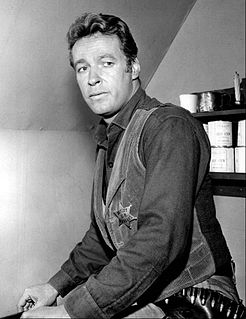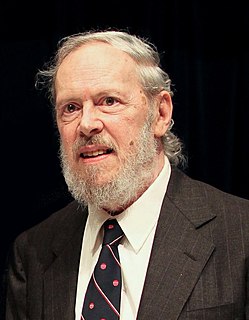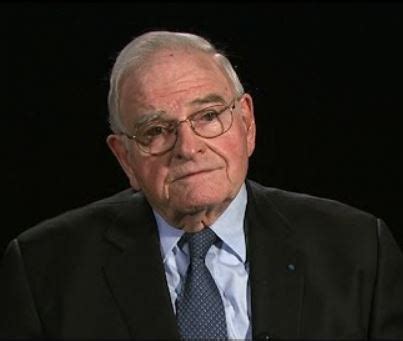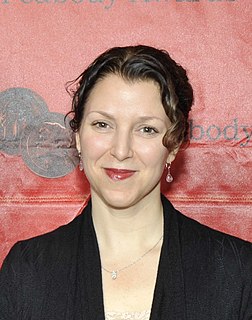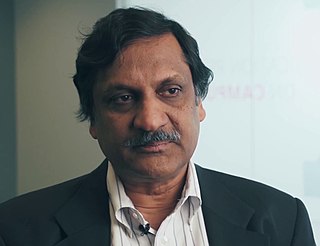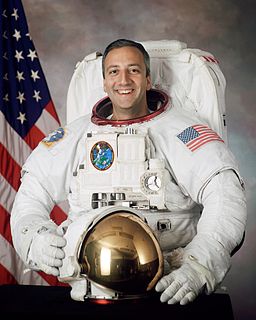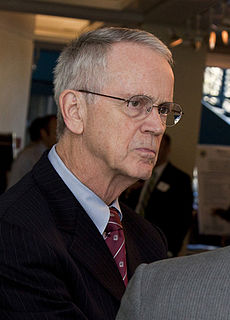A Quote by Brian Kernighan
I had spent the summer of 1966 working at MIT in the group that was the MIT component of the Multics effort.
Related Quotes
My interest in Virtual Reality (VR) films began for me when I began a fellowship with MIT's Open Documentary Lab. It was a profound experience to be on MIT's campus one day a week and to enter a new world of storytelling where breaking convention and traditional methods were expected. This was deeply challenging and inspiring.
I went to school at MIT with a whole bunch of engineers. And then I started work one day and asked myself, 'Why do all of these MIT Ph.D.s work for Harvard M.B.A.s?' Why should it be like that? I was one of those engineers who thought, 'Why are these people making those dumb decisions?' So it's fun to be the person making them.
In high school, I was the best broad jumper on our team, and I kind of thought that when I got to MIT, I'd probably still be the best broad jumper, 'cause why do broad jumpers come to MIT? But it turned out to actually be the other way around. There was another person in my class who could jump about 3 feet further than I could.
In my first career I had founded my own company, with a group of MIT professors, before coming to Harvard to finish my doctorate, and so I had a deep respect for the brains, talent, and dedication of managers. That made it hard for me to believe the attributions in the business press that stupid management was to blame. So I looked elsewhere for an explanation.



